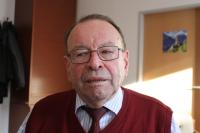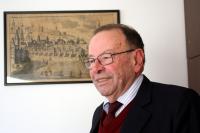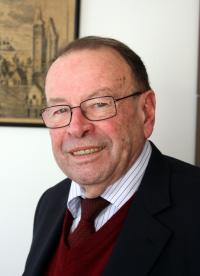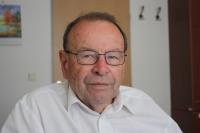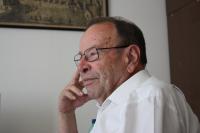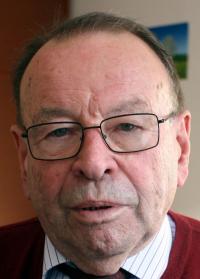I am the greatest Asian among Europeans

Stáhnout obrázek
Prof. JUDr. Igor Tomeš was born in 1931 in Brno. His grandfather Karel Tomeš held the office of mayor of Brno from 1925 to 1935, his father worked as a sales representative of the Škoda Works. In the years 1932‒1936 and 1939‒1946 he lived with his parents in Hong Kong, Shanghai, and other cities of the Far East. After returning to Czechoslovakia he completed an English grammar school in Prague and studied at the Faculty of Law of Charles University (FLCU) in 1951‒1955. He joined the Communist Party of Czechoslovakia (CPC) while at university, and after graduating he obtained the post of assistant professor at the Department of Labour Law FLCU. In the years 1959‒1963 he was employed by the International Labour Organisation in Geneva. After returning to Prague he habilitated himself in 1966 as a „docent“ in the field of labour law and social security. He was politically active during Prague Spring, in January to September 1968 he presided over the CPC faculty committee. In 1970 he was forced to leave his post, after a year of unemployment he found a job as a sociologist and lawyer at the Techno-Economical Institute of the Mining Industry. In the years 1989‒1991 he held the post of deputy minister of labour and social affairs. In 1992 he co-founded the Department of Social Labour at the Faculty of Arts of Charles University together with Jiřina Šiklová; he continues to lecture there.
